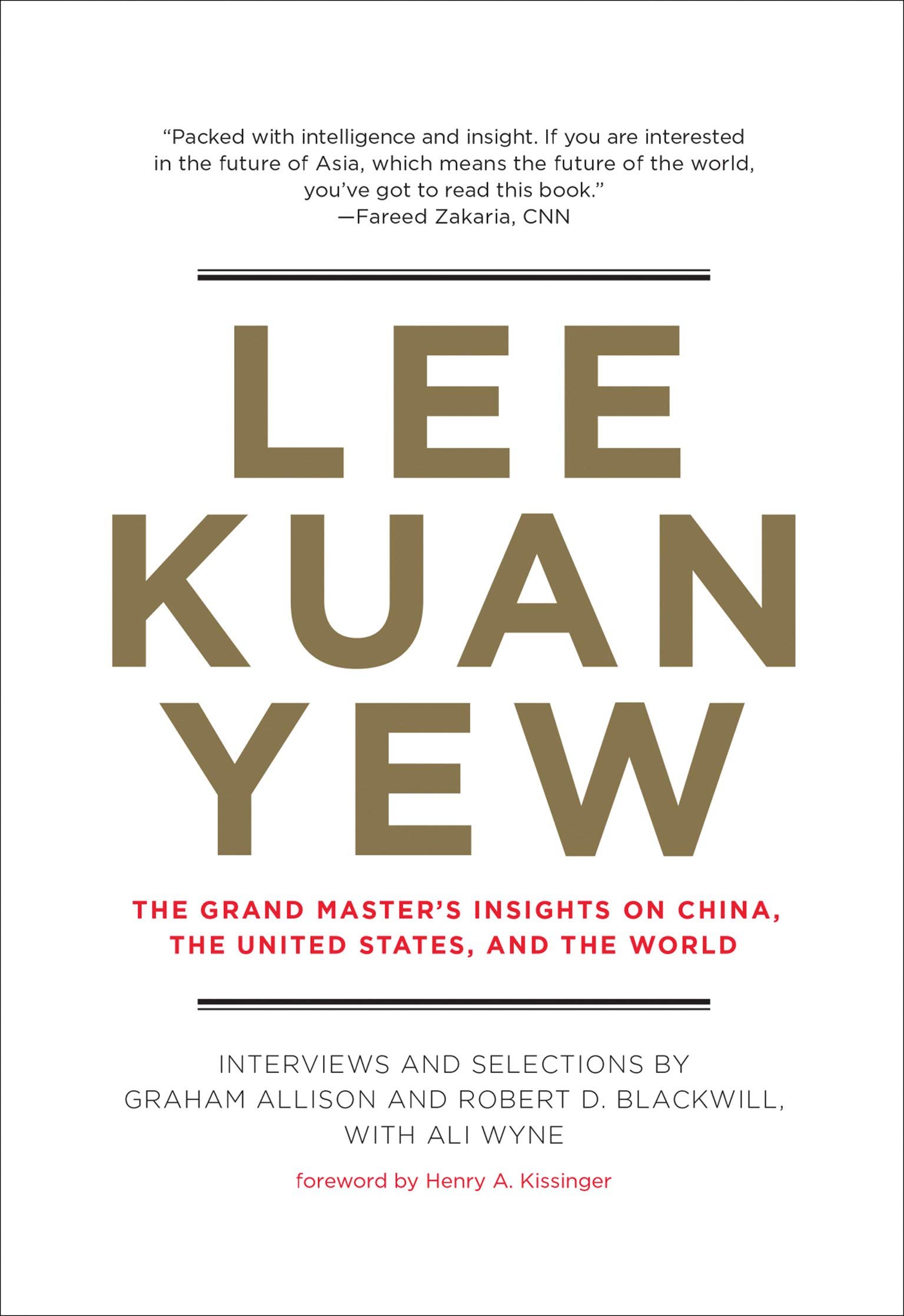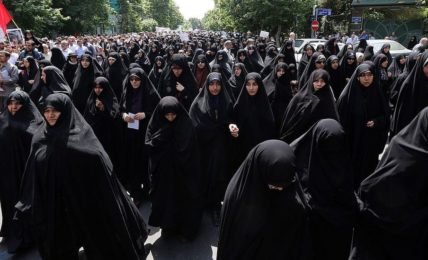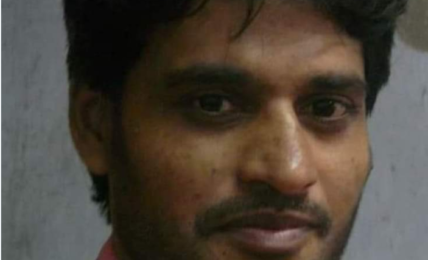LKY (Founding Father of Singapore) on India
India is an established civilization. Nehru and Gandhi had a chance to do for India what I did for Singapore because of their enormous prestige, but they could not break the caste system. They could not break the habits.




